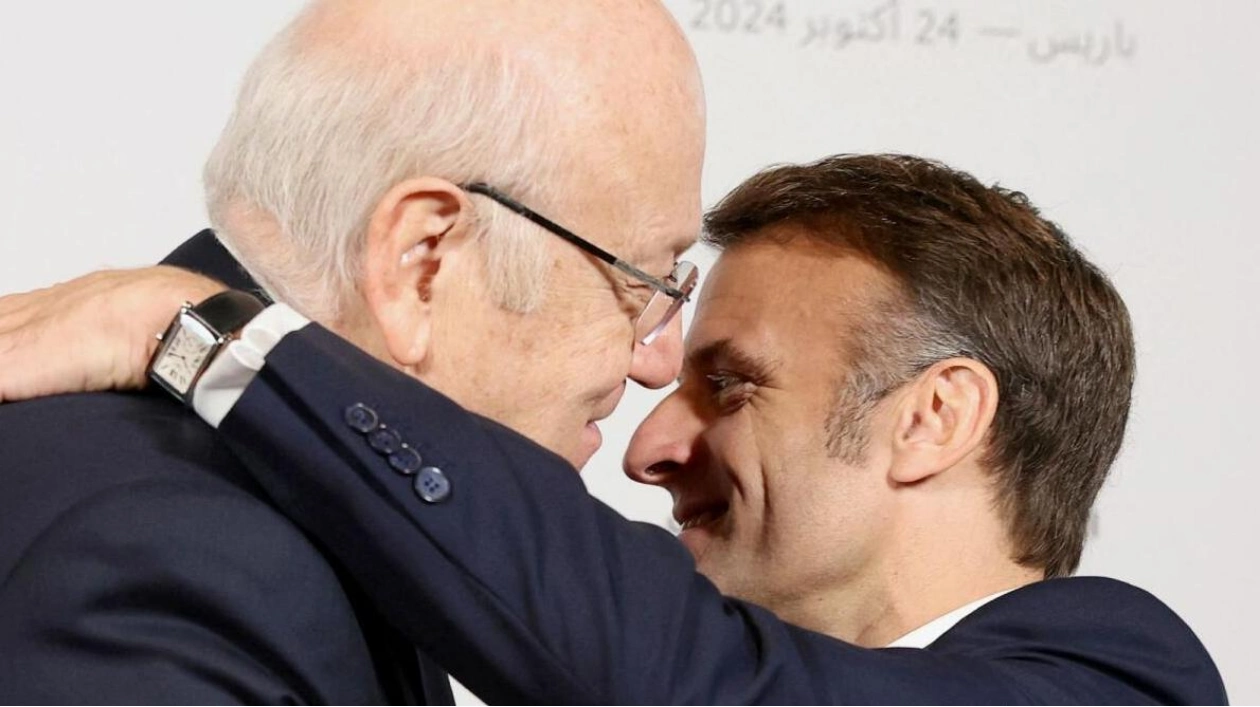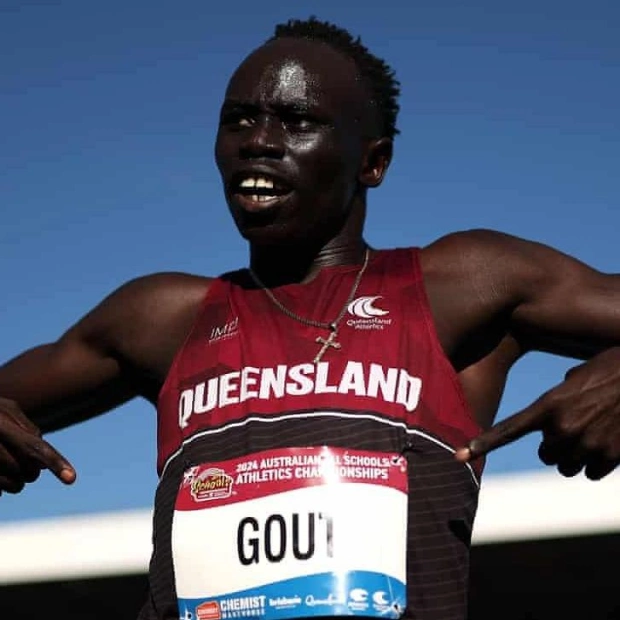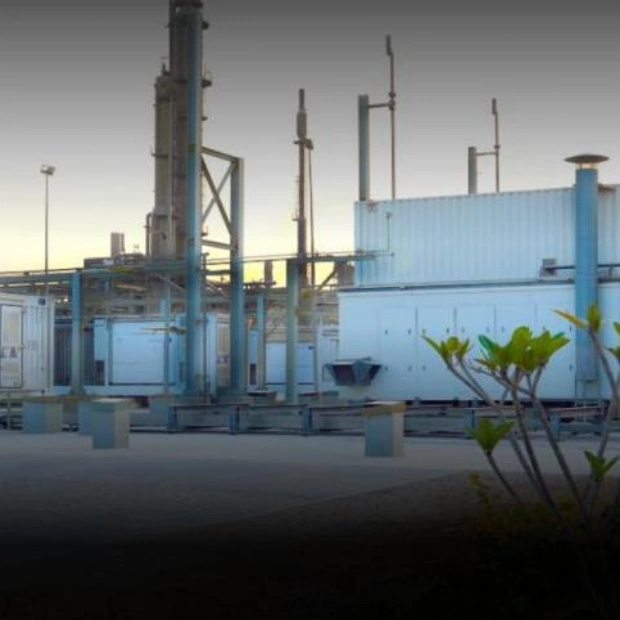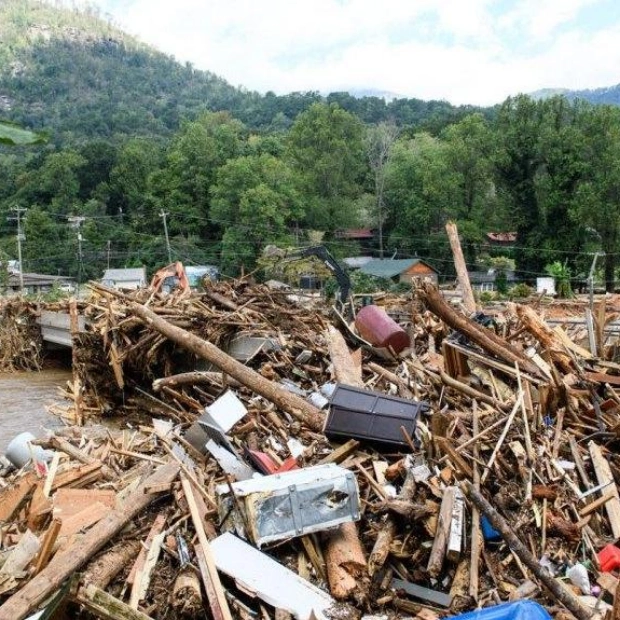Lebanon's Prime Minister Najib Mikati and French President Emmanuel Macron embraced during the international press conference in support of Lebanon, held in Paris on Thursday, as captured by Reuters.
French President Emmanuel Macron announced on Thursday that his country would provide Lebanon with 100 million euros in aid, as Paris hosted an aid conference aimed at substantial financial support but with limited diplomatic potential. 'The war must end as soon as possible, and there must be a ceasefire in Lebanon,' Macron stated, seated next to Lebanon's Prime Minister Najib Mikati. Mikati, in turn, appealed to the international community to 'unite and support efforts to implement an immediate ceasefire.'
France has set a goal of raising 500 million euros ($540 million) in aid for Lebanon, which is 100 million more than the initial UN appeal. In addition to its financial contribution, Macron mentioned that Paris would 'assist in equipping the Lebanese army' to regain control of the country's south, in accordance with UN Security Council resolution 1701, which ended the last Israel-Hezbollah war in 2006. France is also pushing for increased humanitarian aid for Lebanon, a country with which it shares historic ties and a significant diaspora.
The ongoing conflict between Israel and Lebanon's Hezbollah has resulted in over 1,550 fatalities, according to an AFP tally based on official figures, and has displaced 800,000 people, according to the UN. Israel launched a ground offensive against Iran-backed Hezbollah in southern Lebanon in late September, following a year of border skirmishes after Hamas' October 7, 2023 attack. Macron urged Hezbollah to 'cease its provocations and indiscriminate strikes' against Israel. However, he cautioned Israel that 'military successes do not necessarily equate to victory in Lebanon.'
The absence of Iran and Israel from the 70 countries and 15 international organizations invited to the conference may hinder diplomatic progress. The US was represented only by a deputy to Secretary of State Antony Blinken. Macron initiated the conference after a private meeting with Lebanon's Mikati on Wednesday, while Germany and Canada sent their foreign ministers, Annalena Baerbock and Melanie Joly. Germany pledged 96 million euros for humanitarian aid, and the UK committed at least 15 million pounds ($20 million).
UN Secretary-General Antonio Guterres, speaking remotely, urged participants to 'enhance their support for Lebanon's state institutions, including the Lebanese armed forces.' France is advocating for progress in three areas: diplomacy, humanitarian aid, and Lebanon's internal politics. Alongside the United States, France is pushing for a 21-day ceasefire to facilitate negotiations for a more enduring truce. French Foreign Minister Jean-Noel Barrot emphasized that diplomacy offers 'the only viable solution for Lebanon as well as for Israel,' where 60,000 people have been displaced.
The limited US presence and the absence of Israeli or Iranian participation may impede progress. 'Anything that does not result in an immediate end to the destruction and killing would render this summit a failure,' said Bachir Ayoub, Oxfam's Lebanon director. Over 150 aid groups, including Oxfam, condemned 'blatant disregard for international law by the international community' regarding Israel's military actions in Gaza, the West Bank, and Lebanon.
UN Development Programme chief Achim Steiner warned that Lebanon's economy is 'starting to collapse under the pressure of this conflict,' predicting a contraction of over nine percent this year if the war persists. This could hinder efforts to strengthen Lebanon's institutions, particularly its armed forces, to maintain the country's unity, stability, and sovereignty, as France's Barrot hoped.
Mikati echoed France's stance, stating that 'Resolution 1701 remains the cornerstone of stability and security in southern Lebanon.' The resolution mandates that only UN peacekeepers and the Lebanese army should be present on Lebanon's border with Israel and prohibits foreign forces from entering Lebanon without government consent. Conference participants may provide training, equipment, and funding to sustain the Lebanese army and enable new recruitment to ensure it is robust enough to fulfill its role.
Source link: https://www.khaleejtimes.com






